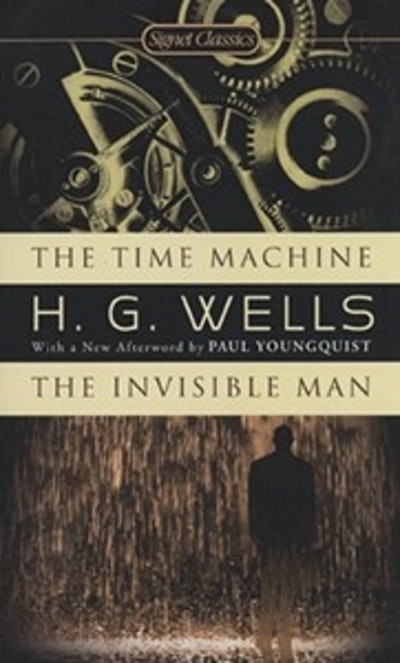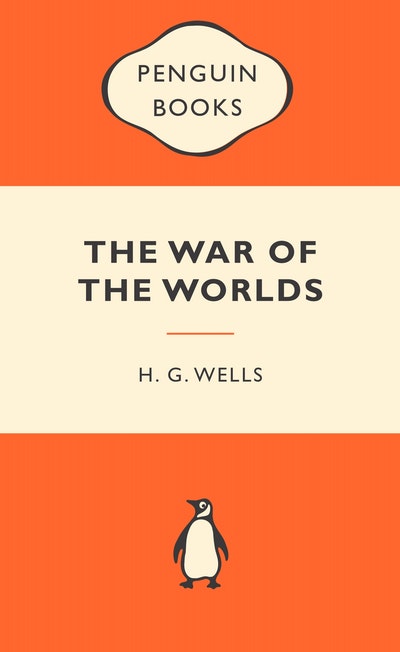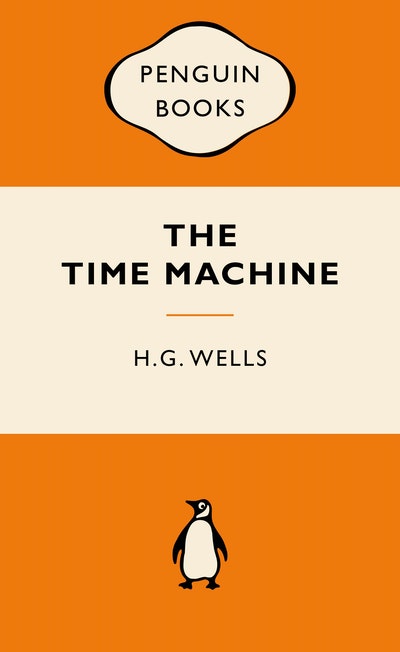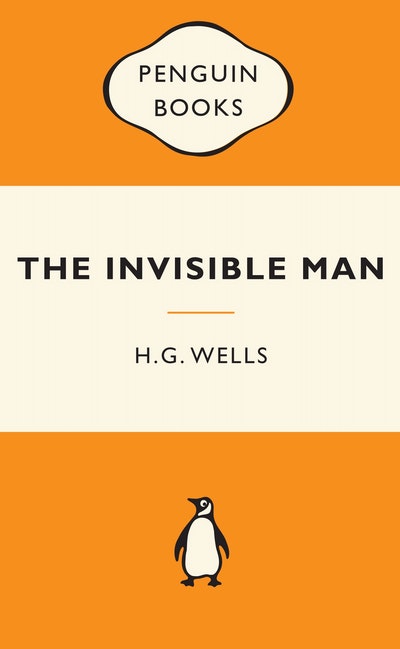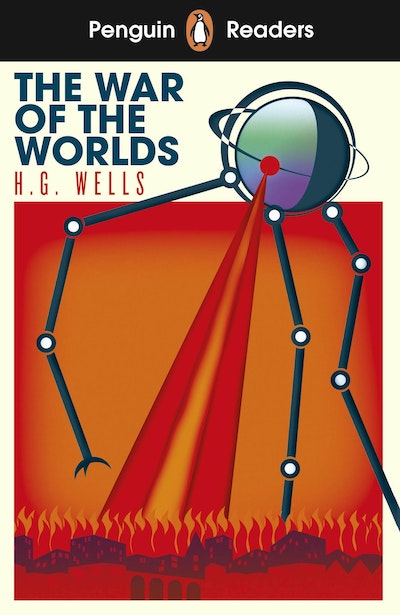Together in one indispensable volume, The Time Machine and The Invisible Man are masterpieces of irony and imaginative vision from H. G. Wells, the father of science fiction.
The Time Machine conveys the Time Traveller into the distant future and an extraordinary world. There, stranded on a slowly dying Earth, he discovers two bizarre races: the effete Eloi and the subterranean Morlocks—a haunting portrayal of Darwin’s evolutionary theory carried to a terrible conclusion.
The Invisible Man is the fascinating tale of a brash young scientist who, experimenting on himself, becomes invisible and then criminally insane, trapped in the terror of his own creation.
Convincing and unforgettably real, these two classics are consummate representations of the stories that defined science fiction—and inspired generations of readers and writers.
With an Introduction by John Calvin Batchelor
and an Afterword by Paul Youngquist
